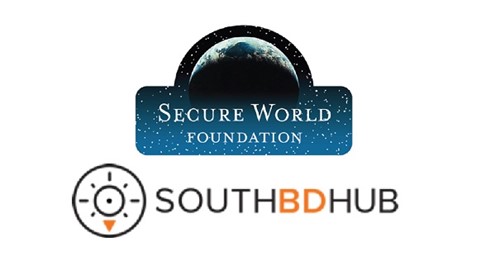Opportunities and Challenges of Citizen Science for Earth Observation
When: Wednesday, December 6, 2017
Time: 11:30 AM - 4:30 PM
Where: Carnegie Endowment for International Peace, 1779 Massachusetts Ave NW, Washington, DC

Scientific institutions and government agencies are expanding their efforts to facilitate public contributions to scientific research and discovery, from classifying galaxies and collecting environmental data to collectively solving the structure of an AIDS-related enzyme through a protein-folding game. Even in the aftermath of disasters, people are using cell phone cameras, social media and interactive mapping tools to help authorities assess affected areas and alert those on the ground to changing conditions. In the United States, the scientific impacts of citizen science have been recognized by 60 federal agencies and organizations, which coordinate and support hundreds of citizen science projects. In Europe, the European Commission continues to fund Citizen Observatories, beginning with the FP7 Programme and extending through active projects Ground Truth 2.0, LandSense, SCENT, and GROW. Similar initiatives are emerging in other parts of the world.
Citizen science is beginning to play an important role in augmenting and enhancing Earth observation data. These new technologies and approaches, however, also come with new risks and responsibilities. As institutions attempt to innovatively incorporate crowdsourcing and citizen science into their traditional Earth observation workflow, they will face many challenges—from data quality to data fusion to formulating policies that will facilitate this work. This interactive workshop will explore and prioritize the opportunities and challenges of integrating citizen science approaches with Earth observation, resulting in a set of recommendations for next steps to address them.
Hosted by South Big Data Innovation Hub and the Secure World Foundation, this workshop convened experts on citizen science and remote sensing satellites to outline a way forward in the key areas of best practices and policy considerations.
South Big Data Innovation Hub is an NSF-funded consortium studying Big Data and its implications on society and the economy. Big Data is a prominent, rapidly emerging discipline with far-reaching scientific and economic potential, yet there remains a gap in the translation of BD research findings into economic growth and end-user impact. To exploit the full potential of BD, the NSF hubs endeavor to foster innovation through collaboration, diversity, education, and workforce development.
Event Materials
- Agenda
- 2017 SEI Article on citizen science and the SDGs
- 2015 conference report from the Forum on Citizen Science and Earth Observations
For more information, please contact SWF Project Manager Krystal Wilson at kwilson@swfound.org or South Big Data Innovation Hub co-Executive Director Lea Shanley at lshanley@renci.org.

 Share
Share